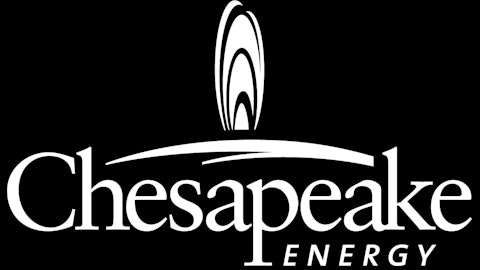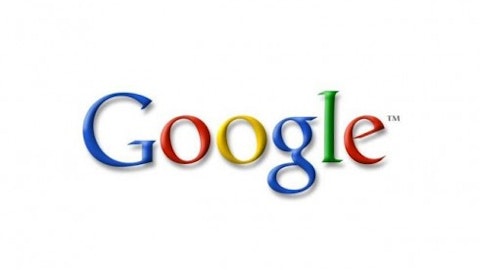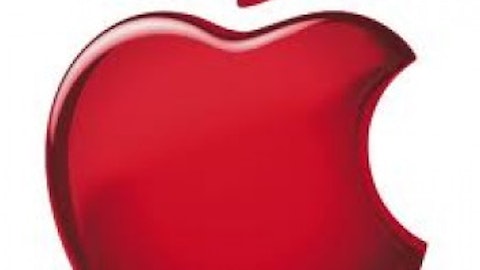The Walt Disney Company (NYSE:DIS) is set to introduce a new ticketing system for its parks that it hopes will both improve the customer experience and allow it to better track their behavior. Tracking and analyzing customer behavior is the key to success for many firms, and is often the difference between being an industry leader and an also ran.
MyMagic
Disney’s new MyMagic ticketing system will basically be a rubber bracelet that customers wear and use for virtually everything. That includes room keys, park tickets, in-park purchases, and ride reservations, replacing the older fast-pass system that is so popular with customers.
MyMagic can also be used to customize a patron’s experience if personal information is entered into the company’s computers. Thus, a child might walk up to Cinderella and find that the princess not only knows her name, but also that she just celebrated a birthday. As a parent, I can only imagine the joy on a child’s face at such a personalized greeting.

Big Brother
Some people have called this effort, which is estimated to have cost nearly $1 billion to facilitate, a bit too big brother like. There is no doubt that this is true. However, Disney is likely to find its customers very happy to divulge information to get a better experience. Cinderella greeting a child by name is a far cry from Facebook Inc (NASDAQ:FB) trying to target a sales pitch.
In fact, MyMagic will allow Disney to fine tune its parks in a way that no other park operator has before. Looking past the personalization, it will be able to emphasize the attractions that are most desirable and phase out those that aren’t cutting it. It will be able to track customer movements in its parks, which will likely lead to adjustments to operations to make the park flow more smoothly.
It also means the company will be able to interact with customers in a more personal way because it knows what they are doing and when, and how that compares to other guests. For example, if someone is buying a character sweater, the sales associate could offer up a pen or some other item with the same character at a reduced cost based on sales trends for the sweater, the character, the time of day, the location of the store, etc. The technology may never go there, but it is a possibility.
This could be a game changing event in the amusement park industry. While companies like privately held Great Wolf Lodge have used similar technology for years, the scope and scale of Disney’s effort is massive in comparison. If it pushes the needle, look for larger amusement park operators like Cedar Fair, L.P. (NYSE:FUN) and Six Flags Entertainment Corp (NYSE:SIX) to quickly jump on board.
Past as Prolog
Google Inc (NASDAQ:GOOG) is a powerful example of how the use of data can change an industry. While the company’s slick search technology allowed it to build a loyal following, it is the data it collects about people’s searches that make it so profitable. In fact, its advertising is so well done that customers often see the ads as a benefit because they are so highly targeted.
Searching for a guitar store selling vintage guitars in lower Manhattan will lead to a collection of potential locations. But it also pushes up an ad for Lark Street Music is nearby Teaneck New Jersey, which has an impressive collection of vintage instruments. This turns into a win win win: the customer found out valuable information, Lark Street Music got a solid lead, and Google Inc (NASDAQ:GOOG) got paid for the advertising space.





